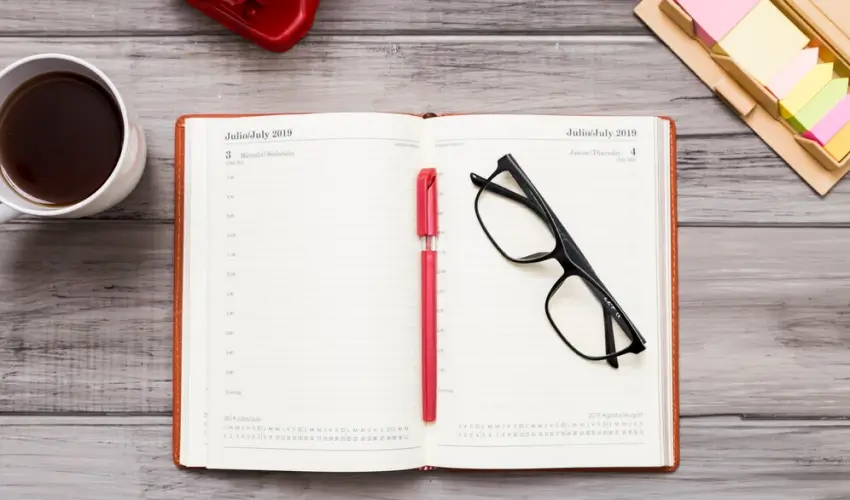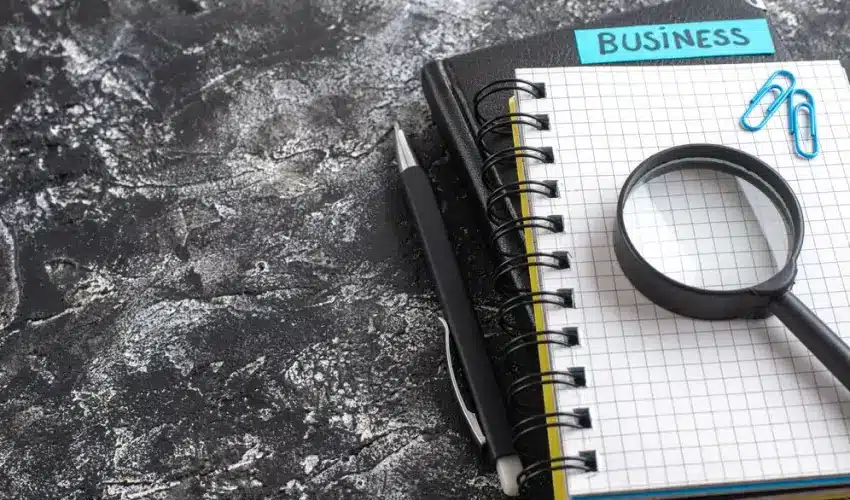When applying for a job, it’s important to have a strong resume and cover letter, but don’t overlook the power of professional references. A well-written professional reference can make a significant impact on a potential employer and can be the deciding factor in whether or not you get the job.
In this article, we’ll discuss the importance of professional references and provide tips for crafting effective ones that will help you stand out from the competition.
Why Are Professional References Important?
Professional references are an essential part of the job application process. They provide potential employers with insight into your work ethic, skills, and character from the perspective of someone who has worked with you in a professional setting.
Hiringmanagers often use professional references to verify the information on your resume and to get a better understanding of your qualifications and potential fit for the job. A strong professional reference can also help to differentiate you from other candidates and give you an edge in the hiring process.
What Makes a Good Professional Reference?
A good professional reference is someone who can speak positively and knowledgeably about your work experience, skills, and character. This can include former supervisors, colleagues, clients, or mentors.
When choosing professional references, it’s important to select individuals who have a good understanding of your work and can provide specific examples of your strengths and accomplishments. It’s also important to choose references who will respond promptly and positively to requests for a reference.

Tips for Crafting Effective Professional References
Now that we have established the significance of having professional references in your job search process, it is essential to delve into some useful tips for creating impactful references that can leave a lasting impression on prospective employers. By following these guidelines, you can increase your chances of standing out among other candidates and showcasing your qualifications and skills effectively. This in turn will help you secure better job opportunities and advance in your career successfully.
1. Choose the Right References
As mentioned earlier, it’s important to choose professional references who can speak positively and knowledgeably about your work experience. When selecting references, consider the following:
- Choose individuals who have worked with you in a professional setting and can speak to your skills and work ethic.
- Select references who have a good understanding of your work and can provide specific examples of your strengths and accomplishments.
- Avoid choosing family members or friends as references, as they may not be viewed as objective sources.
2. Ask for Permission
Before listing someone as a professional reference, it’s important to ask for their permission. This not only shows respect for their time and privacy, but it also gives them the opportunity to decline if they do not feel comfortable providing a reference.
When asking for permission, be sure to provide the individual with some context about the job you are applying for and why you believe they would be a good reference for you.
3. Provide Relevant Information
When asking someone to be a professional reference, it’s helpful to provide them with some relevant information about the job you are applying for and the skills and experiences you would like them to highlight.
This can include a copy of your resume, the job description, and any specific skills or experiences you would like them to speak to. This will help your reference provide a more tailored and effective recommendation.

4. Keep Your References Updated
It’s important to keep your references updated on your job search and any changes to your resume or skills. This will ensure that they are prepared to speak to your most recent experiences and qualifications.
Additionally, if you are applying for a specific job, it can be helpful to provide your references with some information about the company and the role you are applying for. This will give them a better understanding of the context in which they are providing a reference.
5. Provide a Variety of References
When possible, it’s beneficial to provide a variety of references that can speak to different aspects of your work experience. This can include former supervisors, colleagues, clients, or mentors.
Having a diverse set of references can provide a more well-rounded view of your skills and character and can help to strengthen your overall application.
6. Follow Up and Thank Your References
After your references have provided a recommendation, be sure to follow up with a thank you note or email. This not only shows gratitude for their time and effort, but it also helps to maintain a positive relationship with your references for future job opportunities.

How to Write a Professional References Letter
In some cases, a potential employer may request a professional references letter in addition to a list of references. This is a letter written by someone who has worked with you in a professional setting and can speak to your skills and character.
If you are asked to provide a professional references letter, here are some tips for writing an effective one:
1. Use a Professional Format
A professional references letter should follow a standard business letter format. This includes including the date, the recipient’s name and address, a formal salutation, and a signature at the end.
2. Introduce Yourself and Your Relationship to the Candidate
In the first paragraph, introduce yourself and your relationship to the candidate. This can include how long you have known them and in what capacity you have worked together.
3. Highlight the Candidate’s Skills and Qualifications
In the body of the letter, provide specific examples of the candidate’s skills and qualifications. This can include their work ethic, communication skills, problem-solving abilities, and any other relevant strengths.
Be sure to provide specific examples and anecdotes to support your claims and make the letter more impactful.
4. Discuss the Candidate’s Character
In addition to their skills and qualifications, it’s important to speak to the candidate’s character and personality. This can include their attitude, teamwork abilities, and any other traits that make them a valuableemployee.
5. Provide Your Contact Information
At the end of the letter, provide your contact information in case the recipient has any further questions or would like to follow up with you.
6. Proofread and Edit
Before sending the letter, be sure to proofread and edit for any spelling or grammatical errors. A well-written and error-free letter will make a better impression on potential employers.
Strategies for Building Impactful Professional ReferencesNews
Gold prices surged lastweek, hitting their highest level since December 2023, propelled by a 2.33% weekly gain and reaching around $2,082 by Friday’s close. The rally was fueled by a retreat in U.S. Treasury yields following economic reports that left investors pondering the Federal Reserve’s monetary policy stance. January’s core PCE deflator met expectations, easing concerns about inflation, while disappointing manufacturing PMI figures hinted at economic challenges ahead. Traders are now eagerly awaiting February’s U.S.jobs data for further market insights, with hopes of an early Fed pivot toward rate cuts potentially sending gold prices tumbling.

Conclusion
Professional references are an important part of the job application process and can make a significant impact on your chances of gettinghired. By following these tips and crafting effective professional references, you can help to differentiate yourself from other candidates and make a strong impression on potential employers.
Remember to choose the right references, ask for permission, provide relevant information, keep your references updated, and follow up and thank your references. With these tips in mind, you can confidently provide professional references that will help you land your dream job.








